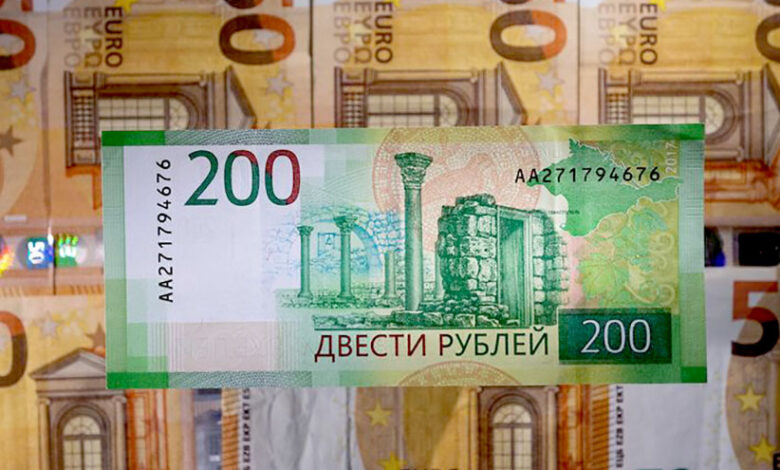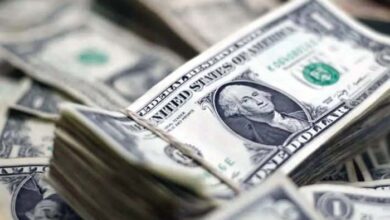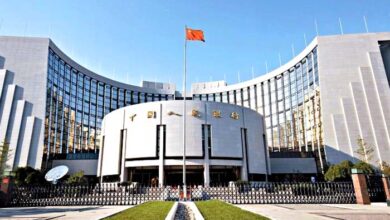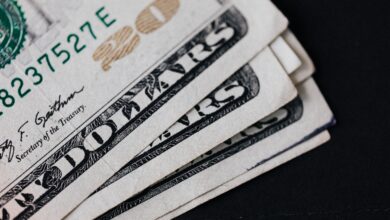Take Five: A lot of pain, and things are about to get worse.

(Reuters) – The European Central Bank is late to the party of raising interest rates, but unlike the Bank of Japan, it’s on its way. But both banks’ plans for dealing with the problem of inflation versus growth that central banks around the world are facing will be closely looked at.
The news from other places could be worse. Economic growth should become clearer when we look at PMI indexes, corporate earnings for the second quarter, and disagreements over European gas supplies.
Here is a report on the markets from Dhara Ranasinghe and Sujata Rao in London, Kevin Buckland in Tokyo, and Lewis Krauskopf in New York.
1/ECB: HOW TO GET THERE
With a quarter-point move on Thursday, the ECB will be one of the last major central banks to join the global rate-hike cycle. This will be its first rate hike since 2011.
But if a rate hike in July is a sure thing to bring down record-high inflation, the real question is whether a bigger hike is possible in September, since a shortage of gas in Europe could soon cause a recession.
The ECB will also be asked for more information about a planned tool to stop bond market stress called “anti-fragmentation.” This tool could be put to the test soon if the political turmoil in Italy doesn’t calm down.
Don’t forget that the euro has dropped to the same value as the dollar. This is another problem for the ECB, since a weakening currency makes inflation worse.
Chart of the ECB’s monetary policy: http://graphics.reuters.com/EUROZONE-MARKETS/ECB/zdpxobnwrvx/chart.png
2/BOJ: NO, NOT YET
Japan’s unwavering commitment to super-charged policy easing will be on display again on Thursday. This is the one thing that hasn’t changed among the world’s biggest central banks.
Governor Haruhiko Kuroda says that the economy still needs help, even though the yen is falling to new multi-decade lows because of the growing difference in interest rates between Japan and the U.S.
Commodity-driven inflation could make things worse for businesses and consumers in Japan. On Friday, data is expected to show that core inflation has stayed above the BOJ’s target for a third month. But the BOJ might use the slow growth of wages as an excuse to keep up the stimulus.
Bets that the BOJ would give up haven’t come true yet, and yields are back under control because the BOJ is buying bonds every day. But the spending spree has a price: the central bank now owns half of all outstanding government bonds.
BOJ juggling act, https://fingfx.thomsonreuters.com/gfx/mkt/gkvlgydbxpb/Pasted% 20image% 201657783128227.png
3/Will Gas Flow?
Businesses and governments in Europe are waiting with bated breath to see if Russia reopens Nord Stream 1 on July 21, after 10 days of annual maintenance.
Nord Stream supplies were reduced to 40% of their capacity last month.Moscow said this was because Canada had not returned turbine parts that had been sent there for repairs. The turbine is now being sent back, but many people are afraid that Russia will turn off the gas taps anyway to get back at the West for putting sanctions on them.
If Nord Stream stays closed, gas prices in Europe, which have gone up 400% since July, could go through the roof. Plans to fill up storage tanks before winter are all over the place, and Germany, which is a major industrial powerhouse, may even have to ration fuel.
Gazprom (MCX:GAZP) also has some issues. Two international bonds have a grace period that ends on July 19. If foreign creditors aren’t paid by that date, the company will be in default.
Gas storage levels in Europe, retrieved from https://graphics.reuters.com/ukraine-crisis/lgpdwznqevo/chart eikon.jpg.
4/EARNINGS WARNINGS
The S&P 500 companies are expected to make a lot more money this year, but they may not be able to meet such high expectations because the U.S. economy is slowing down and inflation is driving prices up.
Refinitiv IBES predicts that second-quarter earnings will go up by about 6% from the same time last year. However, JPMorgan (NYSE:JPM) and Morgan Stanley (NYSE:MS) both had bad days on Thursday, which was a bad start to the season. Even more misses risk driving stock markets even lower.
Next week, there will be earnings from Goldman Sachs (NYSE:GS), Johnson & Johnson (NYSE:JNJ), Netflix (NASDAQ:NFLX), and Tesla (NASDAQ:TSLA), among others. They will report in the shadow of the Fed, which some people think could raise rates by as much as a whole percentage point this month.
S&P 500 quarterly earnings: S&P 500 earnings every three months, https://graphics.reuters.com/USA-STOCKS/WEEKAHEAD/klvykryervg/chart.png
5/PMI PAIN
From the United States to Australia, inflation has not been slowed down by rising interest rates yet. On July 22, “flash” PMI readings will show how much they are hurting the economy.
As of June, Purchasing Managers’ Indexes in both the US and Europe were above 50, which means that business was still growing. But new data, especially a drop in consumer demand, suggests that July readings may be getting lower.
Even though interest rates haven’t started going up yet, this is especially true in the euro zone.
That might be a good sign. After COVID-19 lockdowns were eased, June PMIs went back above 50, and July manufacturing, shopping, and travel are likely to have gone up another notch.
PMI, http://fingfx.thomsonreuters.com/gfx/mkt/lbvgnebrapq/Pasted%20image%201657743351881.png





